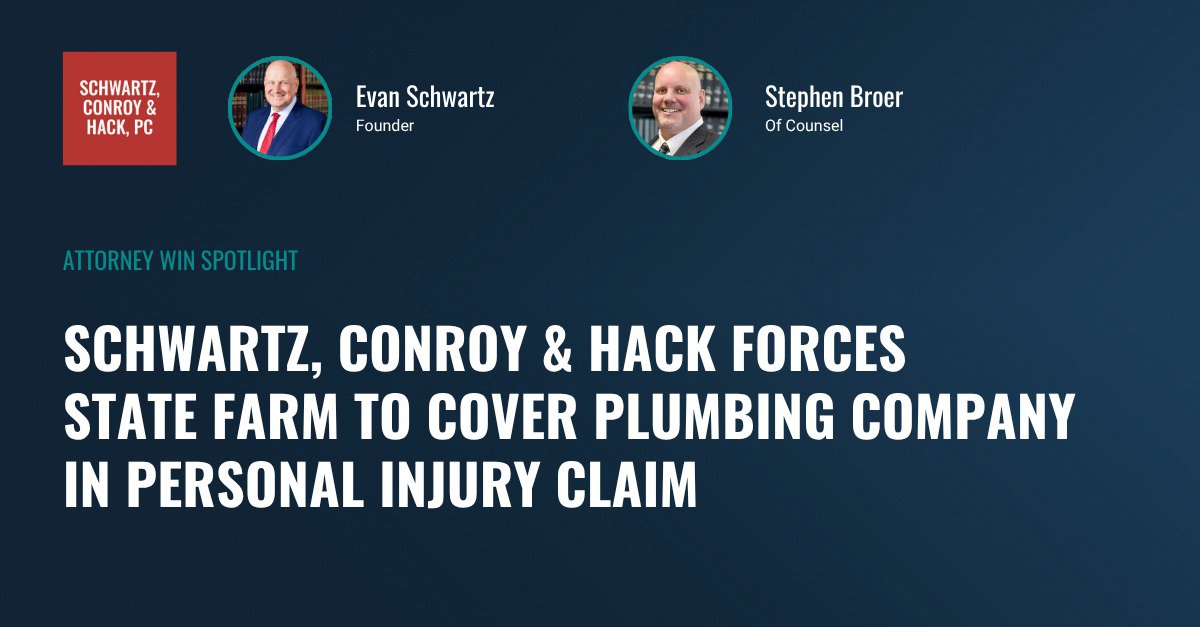Language in insurance policies is often complicated and deliberately vague, allowing insurance companies to manipulate the meaning of words and phrases to deny coverage and protect their bottom line. When a policy’s language has more than one reasonable interpretation, courts will apply various principles and tools of contract interpretation to resolve the ambiguity. In most states, these tools include the “reasonable expectations doctrine.” This doctrine states that the policyholder’s reasonable expectations regarding the nature, terms, and scope of the coverage should be honored, even in cases when a careful review of the policy language would negate that expectation.
The Reasonable Expectations Doctrine
The reasonable expectations doctrine is based on the principle that insurance policy language should be construed as a layman would understand it, rather than how an insurance professional would interpret it. The principle dictates that the policyholder’s expectations should be honored, “as long as they are objectively reasonable from the layman’s point of view, in spite of the fact that had he made a painstaking study of the contract, he would have understood the limitation that defeats the expectations at issue.”1
But a policyholder’s expectation that he would be entitled to full coverage without any exclusions or exemptions would not be considered reasonable under the doctrine. The doctrine does not call for a policy to be rewritten solely to provide a result that suits the insured. Rather, the reasonable expectations of both the insured and insurer must be considered when construing the terms of an insurance policy.
How the Reasonable Expectations Doctrine Is Applied
When there is ambiguity in an insurance contract and the mutual intent of both parties cannot be determined, courts may apply the reasonable expectations test to try to resolve the dispute. Under this doctrine, the test of the meaning of a word or phrase is what a reasonable person in the position of the insured would have understood the word or phrase to mean. For instance, if the insured is a business owner, the court will consider how a reasonable person who owns a similar business in the same industry would interpret the word or phrase, rather than how an insurance professional or attorney would read it.
In most jurisdictions, the application of the reasonable expectations doctrine is limited to cases in which the meaning of the policy is unclear. When the terms of the contract make it clear that, say, coverage is excluded, courts in most states will not apply the doctrine. However, in some states, the reasonable expectations doctrine has been applied in rare instances even when the meaning of the language was unambiguous, such as when an exclusion was buried deep in the policy document and was contrary to the policyholder’s reasonable expectations.
Where the Doctrine Is Recognized
Courts in nearly all jurisdictions have applied some form of the reasonable expectation doctrine to resolve ambiguities in insurance disputes. However, courts in Florida, Idaho, Ohio, South Carolina, Texas, Utah, and Washington have generally rejected the doctrine in favor of other principles of contract interpretation. As one Florida court held, “We decline to adopt the doctrine of reasonable expectations….[c]onstruing insurance policies upon a determination as to whether the insured’s subjective expectations are reasonable can only lead to uncertainty and unnecessary litigation.” 2
If you are involved in a dispute with your insurance company, contact us. We have the expertise, experience, and tenacity to make insurance companies keep their promises to you and your businesses.
1 Keeton, Insurance Law Rights At Variance with Policy Provisions, 83 Harv. L. Rev. 961, 967 (1970).
2 Deni Assocs. of Florida, Inc. v. State Farm Fire & Casualty Ins. Co., 711 So. 2d 1135, 1140 (Fla. 1998)

